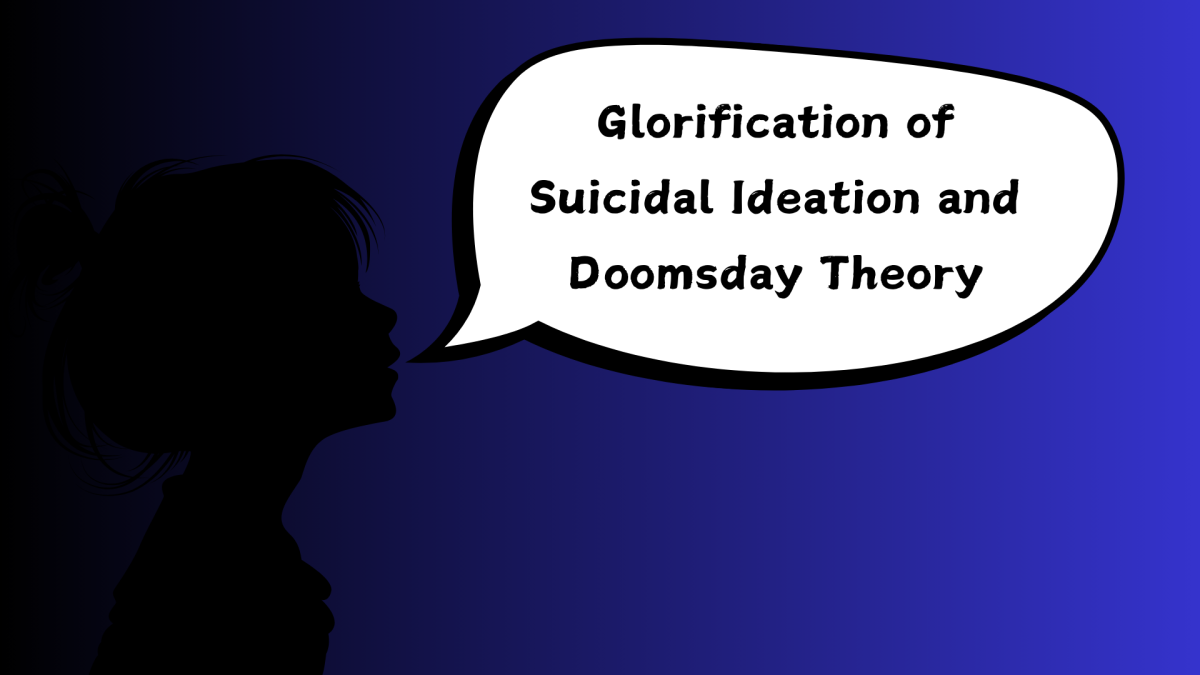The glorification of suicidal ideation is a complex and concerning phenomenon that has garnered significant attention in recent years.
]With the rise of social media and popular culture, there has been an increase in portrayals romanticizing or glamorizing thoughts of self-harm or suicide. While doomsday culture encompasses the anticipation of an impending doom or lack of ability to help oneself.
The glorification of suicidal ideation has emerged as a troubling trend in contemporary culture. Through various mediums such as social media, literature, and film, there has been an unsettling romanization and glamorization of thoughts surrounding self-harm and suicide. This phenomenon often portrays suicide as a means of escape or a symbol of heroism, overlooking the immense pain and suffering it causes to individuals and their loved ones.
Characters in popular media are sometimes depicted as noble or admirable for choosing suicide as a solution to their problems, perpetuating dangerous misconceptions about mental health and coping mechanisms.
The constant language used and repeated can create a harmful normalization effect, where individuals struggling with their mental health may feel validated or encouraged to act upon their suicidal thoughts. This normalization can hinder efforts to seek help and support, as individuals may believe that their feelings are not serious or worthy of attention.
Moreover, this can contribute to a culture of silence and stigma surrounding mental health issues. When suicide is presented in a romanticized light, it can deter individuals from openly discussing their struggles and seeking the necessary treatment and support.
Doomsday culture encompasses a range of beliefs, attitudes, and behaviors centered around the anticipation of an impending catastrophic event heralding the end of the world as we know it. This cultural phenomenon is characterized by various expressions, including apocalyptic prophecies, theories about environmental collapse such as global warming, technological Armageddon, or cosmic cataclysms.
At its core, doomsday culture reflects humanity’s enduring fascination with the concept of an ultimate reckoning or transformative event that will bring about the end of civilization. This fascination manifests in religious and spiritual beliefs, scientific hypotheses, and popular entertainment shaping narratives about the fate of humanity and the planet.
While for some, engagement with doomsday culture may be a form of entertainment or a way to explore existential questions, for others, it can become a consuming obsession driven by fear, anxiety, or a sense of impending doom. In extreme cases, individuals may experience significant distress or impairments in functioning due to their preoccupation with doomsday scenarios. People drawn to doomsday culture often engage in activities such as stockpiling supplies, preparing survival shelters, or seeking out like-minded communities for support and validation.
It’s important to recognize that doomsday culture exists on a spectrum, ranging from casual interest to intense fixation and that not everyone who engages with these themes experiences negative consequences.
Addressing the glorification of suicidal ideation and doomsday culture requires a concerted effort from various stakeholders, including media creators, mental health advocates, and policymakers. By increasing the awareness of mental health we can help foster positive ideas by dismantling the harmful narratives that perpetuate idolization. However, for those who find themselves overwhelmed by fear or anxiety about the future, seeking support from mental health professionals or trusted individuals can be crucial in navigating these feelings and can be crucial in navigating these feelings and finding a sense of peace and resilience in uncertain times.














